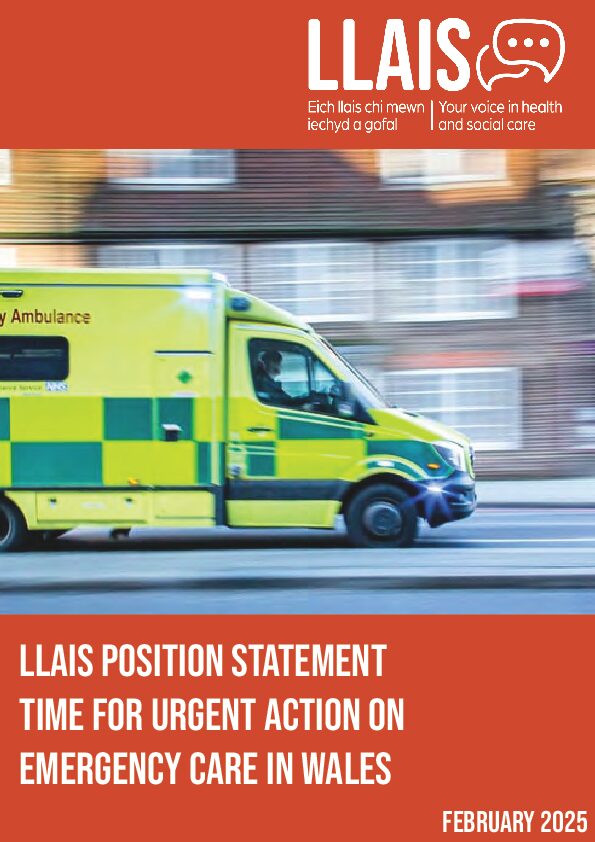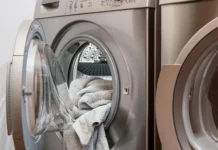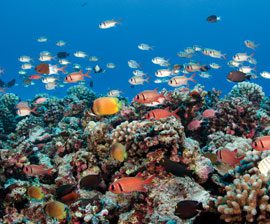Humane Society International, The Humane Society of the United States, Center for Biological Diversity and For the Fishes
In advance of the release of Disney/Pixar’s Finding Dory, animal protection and conservation groups today urged consumers not to buy fish like Dory, a blue tang, or other wild-caught fish as pets for home aquariums. While many freshwater fish can be bred in captivity, most saltwater fish offered for sale for aquariums are captured in the wild and taken primarily from coral reefs in the Philippines and Indonesia, often using cyanide that kills coral and other animals. These fish have complex needs that cannot be replicated in home aquariums, resulting in high mortality rates.
The Humane Society of the United States, Humane Society International, the Center for Biological Diversity and For the Fishes welcome the awareness about marine species that Finding Dory will create but warn that a sharp increase in demand of blue tangs could have severe impacts on the species. Finding Dory is a sequel to 2003’s Finding Nemo, which triggered
millions of consumers and moviegoers to purchase wild-caught clownfish. The sudden mass demand and subsequent capture of millions of clownfish from their homes decimated wild populations,
causing irreparable harm to both the species and the coral reefsthey inhabited. Many consumers were unaware that clownfish were wild caught from their native reefs at that time, not bred or raised in captivity.
Although clownfish are now able to be bred in captivity, blue tangs have not been successfully bred in captivity, and captive-bred blue tangs are not available for purchase for home aquariums. While blue tangs are sold as 1- to 2-inch animals, they reach 12 inches as adults and have difficult care requirements, making them unsuitable for most home aquarists. Species this size, and with natural wide-roaming behaviors on the reef, require a minimum tank size of 180 gallons, which is about the size of a small sofa and at least three times larger than the average home tank.
Disney recognized the potential unintended consequences of the film and developed
educational materials to inform the public, including recommendations to “Always select appropriate acquacultured fish as a first choice for your home aquarium,” and that “Blue tangs, like Dory, do not make good pets so instead choose appropriate acquacultured fish.” The HSUS and HSI commend Disney for its efforts to support responsible pet ownership and help drive the market toward captive-raised, not wild-caught, ornamental fish.
“We are already seeing a troublesome increase in the number of blue tangs offered for sale to unknowing consumers in preparation for the release of Finding Dory,” said Rene Umberger of For the Fishes, creator of Tank Watch, a free mobile app that allows consumers to find out if a fish is wild caught, and inappropriate as a pet, or captive bred.
“Finding Nemo created appreciation for the diversity of marine life and prompted many people to realize the negative impact of keeping wild-caught aquarium fish,” said Teresa Telecky, director of wildlife for HSI. “Sadly, it also had the effect of prompting some consumers to purchase animals they are ill-equipped to care for. In the case of wild-caught marine animals, the majority of these creatures live only a fraction of their natural lives if they are kept in a home aquarium, if they survive being captured and transported.”
“People can literally love these beautiful fish to death and we don’t want to see that happen again,” said Nicholas Whipps with the Center for Biological Diversity. “Films like this can prompt people to buy wild-caught fish for their aquariums and have major impacts on sensitive coral reef ecosystems. Consumers should educate themselves before stocking an aquarium with wild-caught fish.”
All three groups
filed a legal petition in March asking the U.S. government to test imported aquarium fish for cyanide poisoning and to urge the Philippines, Indonesia and other countries that use reef-damaging cyanide fishing to enforce their laws against the practice.
In a new critically acclaimed book,
What a Fish Knows, Jonathan Balcombe, director of animal sentience for the Humane Society Institute for Science and Policy, writes about the diversity and beauty of fish and how individual fishes think, feel and behave.
What the public can do:
· Never buy wild-caught animals, including blue tangs, as pets for home aquaria.
· If you are thinking of purchasing a fish, download the
free Tank Watch App here and find out which are wild caught and which survive best in home aquaria.
Help keep news FREE for our readers
Supporting your local community newspaper/online news outlet is crucial now more than ever. If you believe in independent journalism, then consider making a valuable contribution by making a one-time or monthly donation. We operate in rural areas where providing unbiased news can be challenging. Read More About Supporting The West Wales Chronicle
























